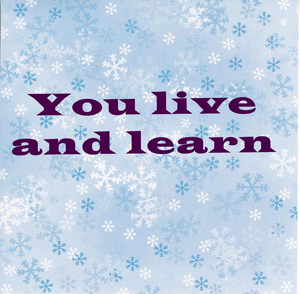The Ways We Pronounce -Ed
We can find -ed style in the simple past tense or past participle in the regular verb. I'm sure that all of you are confusing when you try to speak the verb which use that style.
ex : I cooked a cake for you.
we can pronounce the -ed in 3 ways:
- /ɪd/
- /t/
- /d/
| If the base verb ends in one of these sounds | example base verb* | example with -ed | pronounce the -ed as | extra syllable? | |
|---|---|---|---|---|---|
| /t/ | want | wanted | /ɪd/ | yes | |
| /d/ | end | ended | |||
| unvoiced | /p/ | hope | hoped | /t/ | no |
| /f/ | laugh | laughed | |||
| /s/ | fax | faxed | |||
| /ʃ/ | wash | washed | |||
| /ʧ/ | watch | watched | |||
| /k/ | like | liked | |||
| voiced | all other sounds, eg | play | played | /d/ | |
| allow | allowed | ||||
| beg | begged | ||||
*Note that it is the sound that is important, not the letter or spelling. For example, fax ends in the letter x but the sound /s/; like ends in the letter e but the sound /k/.
Exceptions
The following -ed words used as adjectives are pronounced with /ɪd/:- aged
- dogged
- ragged
- blessed
- learned
- wicked
- crooked
- naked
- wretched
- an aged man /ɪd/
- a blessed nuisance /ɪd/
- a dogged persistence /ɪd/
- a learned professor - the professor, who was truly learned /ɪd/
- a wretched beggar - the beggar was wretched /ɪd/
- he aged quickly /d/
- he blessed me /t/
- they dogged him /d/
- he has learned well /d/ or /t/

























